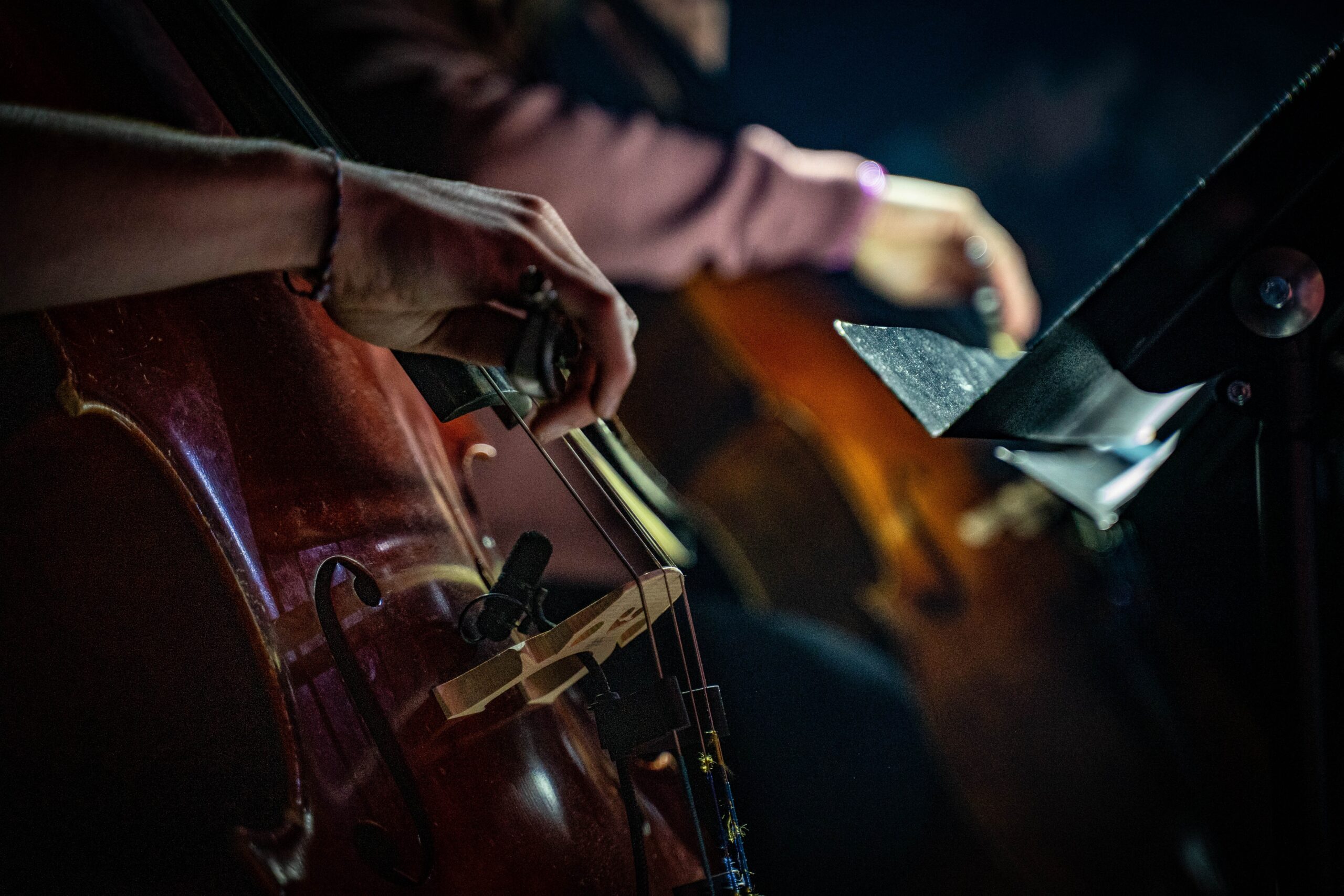The Melodious Journey of Italian Music: From Opera to Pop and Folk
Italy, a country synonymous with culture and art, has a rich musical landscape that complements its vibrant history and traditions. Italian music is a fascinating blend of grandiose operatic compositions, catchy pop tunes, and soul-stirring folk melodies. Whether it’s the powerful vocals of opera or the simplicity of a traditional ballad, Italian music is a feast for the senses.
Opera: The Soul of Italian Music
Opera, or „opera lirica“ in Italian, is often considered the pinnacle of the country’s musical achievements. Rooted in the 16th-century courts of the Italian peninsula, opera is a combination of music, drama, and stagecraft. Legends like Giuseppe Verdi and Gioachino Rossini have left an indelible mark on this genre, with compositions that are performed worldwide to this day.
Famous Opera Houses
The Teatro alla Scala in Milan and Teatro La Fenice in Venice are iconic venues where many great operas premiered. These theaters are not just platforms for performances; they are cathedrals of culture where the very essence of Italian musicality is celebrated.
Italian Pop: The Modern Melody
If opera is the soul, then pop music is the heartbeat of modern Italy. Artists like Laura Pausini and Eros Ramazzotti have made significant contributions to the global pop scene. The Festival di Sanremo, an annual song contest, has been instrumental in launching the careers of many Italian pop artists.
From Ballads to Pop Rock
Italian pop is versatile, often infusing elements of folk and classical music. Love ballads are particularly popular, characterized by heartfelt lyrics and emotive vocal performances. But Italian pop also has a more energetic side, influenced by rock and electronic music.
Traditional Folk Music: The Voice of the People
No exploration of Italian music is complete without mentioning „musica popolare“—the folk music that varies from region to region. Whether it’s the tarantella dance of the south or the „canzone Napoletana“ (Neapolitan song) tradition, folk music is a vibrant reflection of local cultures and histories.
Instruments and Styles
Traditional instruments like the mandolin, accordion, and zampogna (bagpipes) often feature in Italian folk music. Each region, from Sicily to Lombardy, has its own set of melodies, dances, and instruments, making folk music a diverse and integral part of Italy’s musical heritage.
The Universal Language of Italian Music
From the grand stages of opera houses to the intimate settings of folk gatherings, Italian music has a universal appeal. It tells stories of love and loss, celebrates history, and brings people together, transcending geographical and cultural boundaries. „Viva la musica Italiana!“ (Long live Italian music!)
Whether you’re an aficionado of classical compositions or a fan of contemporary beats, Italy offers a musical palette that caters to all tastes. So dive in, and let the music transport you to the beautiful landscapes and emotional depths of Italy.
An Italian–English vocabulary list centered on the theme of Music:
| Italian Word | Phonetic Transcription | English Translation |
|---|---|---|
| Musica | ˈmuːzika | Music |
| Canzone | kanˈtsoːne | Song |
| Opera Lirica | ˈɔːpera ˈliːrika | Opera |
| Orchestra | orˈkɛstra | Orchestra |
| Strumento Musicale | ˈstruːmento muˈziːkale | Musical Instrument |
| Note Musicali | ˈnoːte muˈziːkali | Musical Notes |
| Melodia | meˈlɔːdja | Melody |
| Armonia | arˈmoːnja | Harmony |
| Ritmo | ˈritmo | Rhythm |
| Compositore | kompoˈziːtore | Composer |
| Cantante | kanˈtante | Singer |
| Coro | ˈkoːro | Choir |
| Spettacolo | spetˈtaːkolo | Performance |
| Concerto | konˈʧɛrto | Concert |
| Album | ˈalbom | Album |
| Festival di Sanremo | festival di sanˈrɛːmo | Sanremo Music Festival |
| Musica Popolare | ˈmuːzika popoˈlaːre | Folk Music |
| Genere Musicale | ˈʤɛːnere muˈziːkale | Music Genre |
| Ballata | balˈlaːta | Ballad |
| Teatro Alla Scala | ˈteːatro ˈalla ˈskaːla | La Scala Theatre |
| Teatro La Fenice | ˈteːatro la ˈfeːnitʃe | La Fenice Theatre |
| Tarantella | taranˈtɛlla | Tarantella |
| Canzone Napoletana | kanˈtsoːne napoleˈtaːna | Neapolitan Song |
| Mandolino | mandoˈliːno | Mandolin |
| Fisarmonica | fizarˈmoːnika | Accordion |
| Zampogna | dzamˈpoɲɲa | Bagpipes |
| Pianoforte | ˌpjanoˈfɔrte | Piano |
| Chitarra | kiˈtarra | Guitar |
| Violino | vjoˈliːno | Violin |
| Flauto | ˈflauto | Flute |
